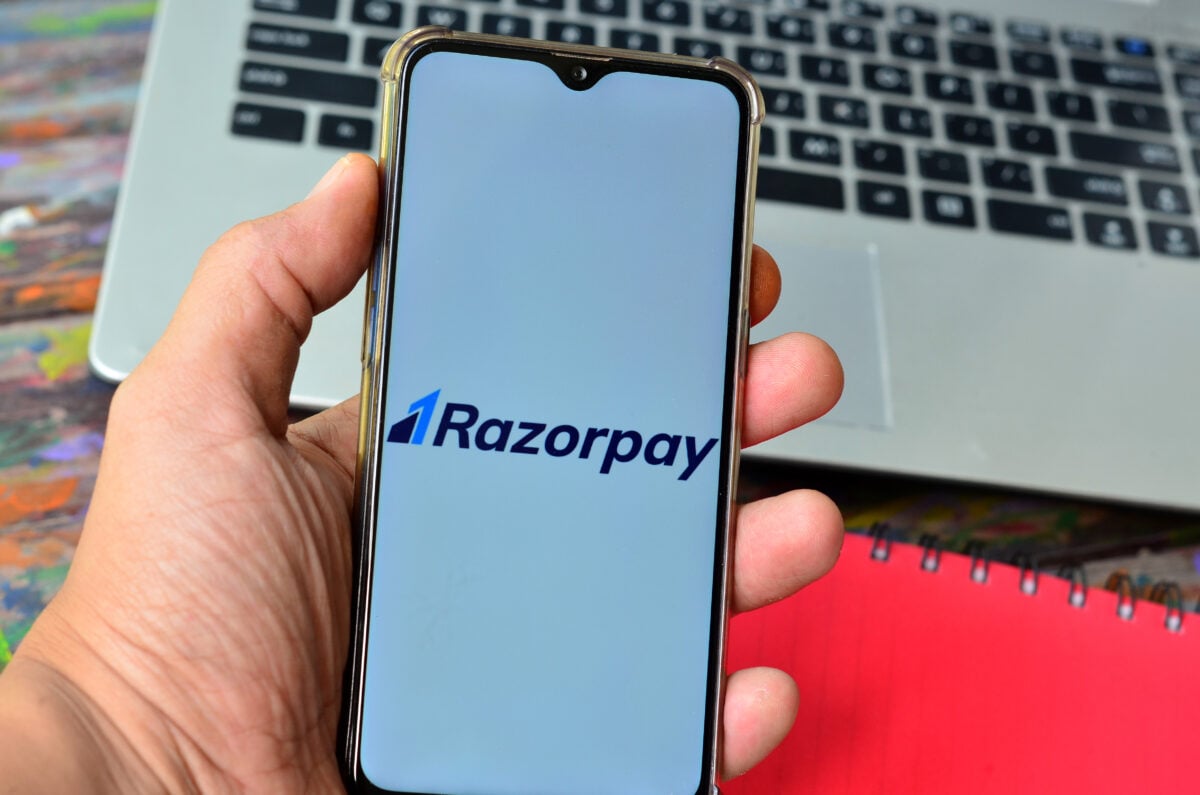TLDRs;
- Razorpay integrates Apple Pay, becoming the first Indian aggregator to enable global transactions for domestic businesses.
- Mokobara and Akasa Air among first brands to use Apple Pay via Razorpay, targeting cross-border shoppers.
- Beta testing showed 5,000+ transactions processed with a 95% success rate, reducing cart abandonment risks.
- Apple Pay launch follows Razorpay’s reverse flip back to India, aligning with IPO ambitions and fintech growth.
Razorpay, India’s homegrown fintech giant, has achieved a significant milestone by becoming the first Indian payment aggregator to integrate Apple Pay for global transactions.
This marks a crucial step forward for Indian brands seeking to tap into international markets and offer their customers more seamless, secure checkout options.
The Bengaluru-based payments platform confirmed on Tuesday that businesses using Razorpay, including lifestyle brand Mokobara and airline Akasa Air, can now accept Apple Pay from customers abroad. With this integration, Razorpay is addressing one of the largest pain points in e-commerce: high cart abandonment.
According to industry research, nearly 87% of online shoppers in Asia Pacific abandoned their carts in the final quarter of 2024, largely due to inconvenient or limited payment methods.
During its two-week beta phase, Razorpay processed over 5,000 Apple Pay transactions and achieved an impressive 95% success rate, underscoring the platform’s readiness for wider adoption.
Tackling Cart Abandonment Challenges
For Indian businesses expanding internationally, friction at checkout has long been a stumbling block. Limited access to global payment solutions often forces buyers to drop out midway, costing merchants millions in lost revenue.
By enabling Apple Pay, Razorpay aims to provide a smoother, one-click payment experience that reduces checkout hesitations and builds customer trust. With Apple Pay’s built-in security features, including biometric authentication, Indian merchants stand to gain not just from higher conversion rates but also from stronger fraud protection.
Razorpay’s leadership believes this step will help Indian brands compete on a more level playing field with global counterparts.
“This is not just about convenience, it’s about giving Indian businesses the tools to expand confidently across borders,” a company spokesperson noted.
Razorpay’s Broader Strategic Moves
The Apple Pay integration comes just after Razorpay completed its reverse flip in May , shifting its parent company’s base from the United States back to India.
Approved by the Ministry of Corporate Affairs and the Reserve Bank of India, this move aligns Razorpay’s legal and operational presence with its home market, a trend increasingly seen among Indian startups preparing for eventual IPOs.
The fintech unicorn, valued at $8 billion and backed by major investors like Peak XV Partners, Tiger Global, GIC, and Ribbit Capital, has raised approximately $742 million to date. Its decision to redomicile in India reflects both regulatory reforms that streamline such processes and the growing maturity of India’s capital markets.
The combination of domestic regulatory alignment and global payment integrations suggests Razorpay is laying the groundwork for its next phase: deeper international expansion and a potential public listing.
A Signal for India’s Fintech Future
Razorpay’s Apple Pay launch highlights India’s growing influence in global fintech. By enabling international transactions through a payment method trusted by millions worldwide, the company is sending a strong signal that Indian startups can build world-class financial infrastructure.
As consumer behavior shifts toward faster, mobile-first payments, integrations like this will likely become standard expectations rather than added features.
For now, however, Razorpay has positioned itself as a first mover, setting a precedent for other payment players in India’s rapidly evolving fintech ecosystem.






